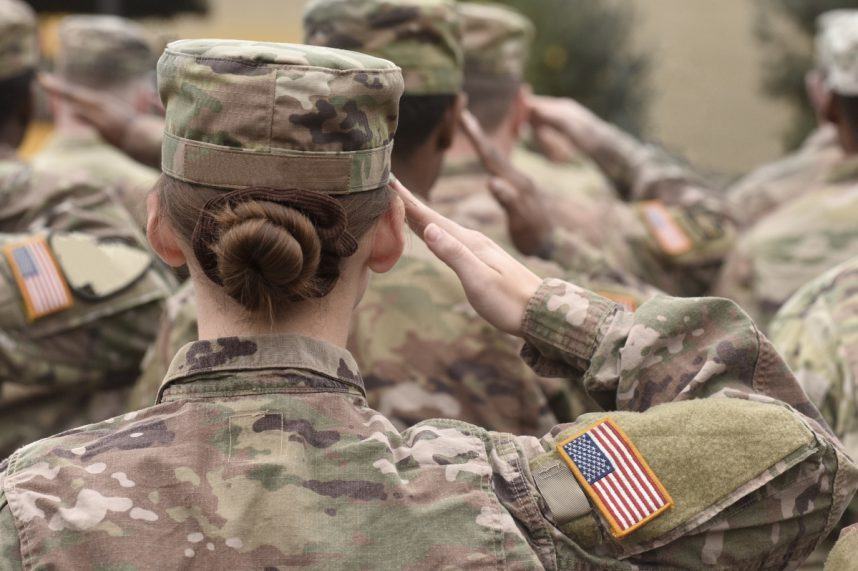GAO: Pentagon Needs Defenses to Help Military Members With Gambling Disorders
Posted on: September 27, 2025, 03:44h.
Last updated on: September 26, 2025, 02:54h.
- The Government Accountability Office says the Defense Department needs to provide guidance to its installations to help personnel with gambling disorders
- Military members are said to be at a higher risk of gambling disorder
- The US government operates slot machines on overseas military bases
The Pentagon is home to the United States Department of Defense, the world’s strongest military.

No foreign military is capable of invading the US, and many armed forces experts say that even if the rest of the world united to fight the USA, the DOD would still prevail, largely due to its array of nuclear capabilities.
One area, however, where the US perhaps isn’t adequately protected is when it comes to defending its military personnel against the dangers of gambling.
In a report initiated by Congress through the 2024 National Defense Authorization Act, the US Government Accountability Office (GAO) investigated how DOD installations respond to personnel encountering issues with gambling. The independent, nonpartisan government agency that audits, evaluates, and investigates the federal government, and claims to return $338 for every dollar invested, says the DOD must take immediate steps to help servicemembers.
Action Needed
In January, the Defense Department updated its guidance on substance abuse to include gambling disorders. The update outlined the steps DOD and its military units should take to help prevent and treat problems involving gambling.
The problem with the update, the GAO found, was that it failed to designate parties who are to be responsible for implementing such programs, including the training of staff in the prevention, assessment, diagnosis, and treatment of gambling disorders.
“Each military service has substance use policies and procedures that include gambling disorder. However, these policies do not fully reflect all the changes made to the DOD instruction because, according to officials, the services have not updated their guidance to meet the new requirements for gambling disorder,” the GAO report read.
By defining all roles and responsibilities for gambling disorder prevention and treatment, and by ensuring that subsequent updates are made to service-specific guidance to meet the new requirements for gambling disorder, DOD can increase its ability to address issues related to gambling among service members,” the key findings continued.
The GAO made nine recommendations to the Defense Department, with each focusing on the DOD and its installations updating their gambling disorder guidance to ensure that designated people are trained and ready to assist those afflicted. The GAO’s recommendations were provided to the DOD, Army, Navy, and Air Force.
Military Slots
Casino.org has reported on the US military continuing to operate slot machines on overseas bases. Servicemembers can gamble on the slots for real money. The US military’s slots generate more than $100 million a year.
The DOD claims the money generated by the machines is “reinvested in Morale, Welfare, and Recreation quality of life programs, such as childcare and fitness programs.” The GAO report, however, found that these gaming operations “do not consistently include guidance with clear requirements for responsible gaming practices.”
That includes the failure to mandate that responsible gaming signs are posted around the machines, along with information on how one can find gambling disorder treatment.
By issuing guidance with clear requirements for responsible gaming practices at overseas installations, the military services could help prevent or respond to problem gambling by users of their recreational gaming machines,” the GAO findings read.
The GAO report said military members are likelier than the general population to have gambling problems due to being younger and more prone to risk-taking.
No comments yet